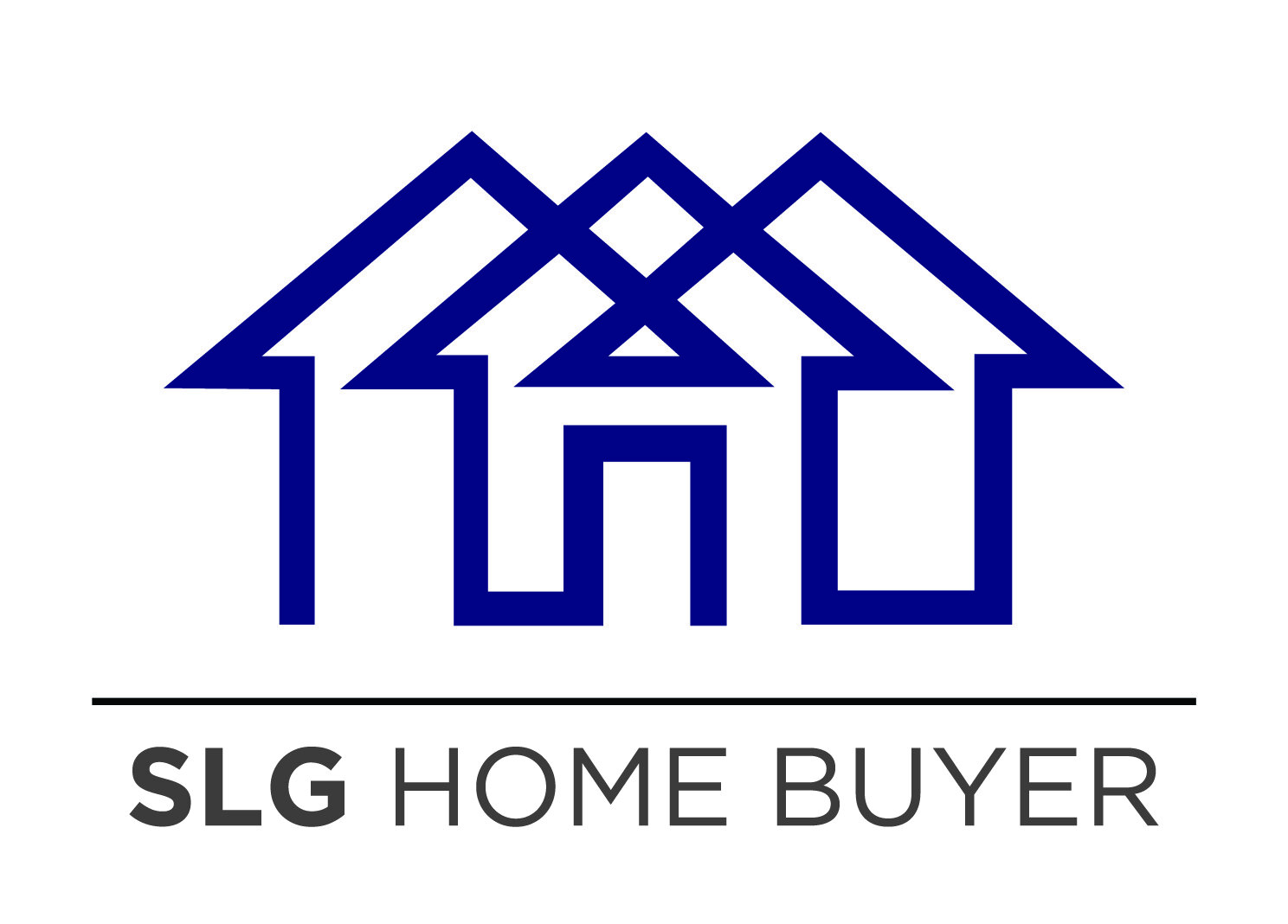
While a home buyer makes a considerable investment when purchasing a house, the seller’s part in the transaction does not come without some cost. Regardless of the sale price of their property, a seller will not pocket the full amount due to certain expenses, or closing costs paid at the end of the transaction. These include fees such as transfer taxes, real estate agent commissions, and title search fees.
Typically, the seller’s closing costs range between 6% to 10% of the sale price, reducing their profit accordingly. If you are looking to sell your house fast, with no fees, commission or other costs involved, slghomebuyer.ca may be able to help you.
To provide a clearer picture of the amount of equity a seller can expect to pocket, this article will list the main closing costs associated with selling a home.
1. Real Estate Agent Commission
- What it Covers:
This is often the largest expense for sellers and is typically 4% to 5% of the final sale price. The commission is split between the seller’s agent and the buyer’s agent, covering their expertise, marketing efforts, negotiation skills, and time spent managing the sale. - Example:
For a property sold at $800,000, the commission at 5% would amount to $40,000, divided equally between the two agents. - Negotiation:
Some agents may offer lower commission rates or alternative pricing structures, such as flat fees, but this could affect the level of service provided.
2. Legal Fees
- What it Covers:
Sellers require a real estate lawyer to review and prepare legal documents, handle title transfers, resolve any liens, and ensure the sale complies with Ontario laws. - Cost:
Legal fees typically range from $800 to $1,500, depending on the lawyer and the complexity of the transaction.
3. Mortgage Discharge Fees
- What it Covers:
If the property being sold has a mortgage, sellers need to pay a discharge fee to remove the mortgage from the title. - Cost:
Mortgage discharge fees generally range from $200 to $300, but this depends on the lender. - Mortgage Penalties:
If you are breaking your mortgage early (e.g., selling before the end of your term), you may also face significant penalties. These can include:- Interest Rate Differential (IRD): A fee based on the difference between your contracted interest rate and current rates for the remaining term.
- Three-Month Interest Penalty: A fee equivalent to three months of mortgage interest.
Penalties can range from a few hundred dollars to tens of thousands, depending on the loan terms.
4. Adjustments for Prepaid Costs
- What it Covers:
If you have prepaid property taxes, utility bills, or other services (e.g., condo fees), the unused portion will need to be refunded to the buyer. - Cost Example:
- If property taxes are paid annually and you sell mid-year, you may need to reimburse the buyer for the unused portion from the sale closing date onward.
5. Home Staging and Repairs
- What it Covers:
Many sellers invest in home staging or minor repairs to make the property more appealing and potentially increase its sale price.- Staging Costs: Professional staging services can range from $2,000 to $5,000, depending on the size and condition of the home.
- Repairs: Fixing cosmetic issues, repainting, or addressing inspection concerns can add a few hundred to several thousand dollars to your expenses.
6. Capital Gains Tax (if applicable)
- What it Covers:
If the property is not your primary residence, such as an investment property or second home, you may owe capital gains tax on the profit from the sale. - Calculation:
You are taxed on 50% of the profit (selling price minus the purchase price and eligible expenses) at your marginal tax rate. - Example:
For a $100,000 profit, you would add $50,000 to your taxable income and pay tax based on your income bracket.
7. Potential Costs for Vacant or Tenanted Properties
Tenant Issues:
If the property is tenanted, you may incur legal fees or additional costs to serve proper notice and ensure compliance with Ontario’s Residential Tenancies Act.
Carrying Costs:
If the property is vacant before it sells, you may need to cover ongoing costs like utilities, property taxes, and insurance.
If you’re looking to avoid the hassle and costs of traditional selling fees—like agent commissions, legal fees, and staging expenses—consider selling your property to SLG Home Buyer. We buy houses as-is, with no need for repairs or upgrades, and you won’t pay any hidden fees or commissions. It’s a simple, stress-free way to sell your home quickly and keep more money in your pocket.
